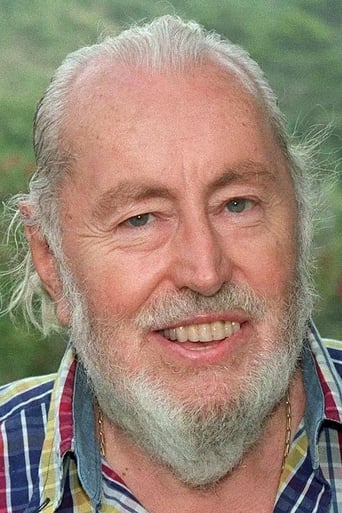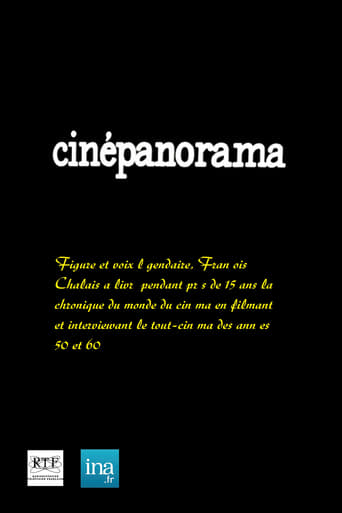

Bernard Buffet
Bernard Buffet (French: [byfɛ]; 10 July 1928 – 4 October 1999) was a French painter, printmaker, and sculptor. He produced a varied and extensive body of work. His style was exclusively figurative. The artist enjoyed worldwide popularity early in his career but was shunned by art pundits later on. Today, there is a renewed interest in Bernard Buffet's oeuvre. His works can be seen in the collections of the world's leading museums, including the Musée d'Art Moderne de Paris, the Tate, and the Museum of Modern Art. Bernard Buffet was born in 1928. He hailed from a middle-class family with roots in Northern and Western France. His spent his childhood in Paris. His mother often took him to the Louvre Museum, where he got familiar with the works of Realist painters, such as Gustave Courbet. This is likely to have influenced his style. In 1955, he painted a work that paid tribute to Courbet's Le Sommeil. Bernard Buffet was a student at the Lycée Carnot during the Nazi occupation of Paris. He travelled to drawings courses in the evenings despite the curfew imposed by the Nazi authorities. He then studied art at the École Nationale Supérieure des Beaux-Arts (National School of the Fine Arts) and worked in the studio of the painter Eugène Narbonne. Among his classmates were Maurice Boitel and Louis Vuillermoz. He met the French painter Marie-Thérèse Auffray and was influenced by her work. Buffet's mother, Blanche, died from breast cancer in 1945. Seventeen-year-old Buffet was devastated. Losing his mother at an early age remained a source of melancholy throughout his life. Sustained by the picture-dealer Maurice Garnier, Buffet produced religious pieces, landscapes, portraits and still-lifes. In 1946, he had his first painting shown, a self-portrait, at the Salon des Moins de Trente Ans at the Galerie Beaux-Arts. He had at least one major exhibition every year. Buffet illustrated "Les Chants de Maldoror" written by Comte de Lautréamont in 1952. In 1955, he was awarded the first prize by the magazine Connaissance des Arts, which named the ten best post-war artists. In 1958, at the age of 30, the first retrospective of his work was held at the Galerie Charpentier. Pierre Bergé was Buffet's live-in lover until Bergé left Buffet for Yves Saint Laurent. On 12 December 1958, Buffet married the writer and actress Annabel Schwob. They had three children. Daughter Virginie was born in 1962, daughter Danielle in 1963 and son Nicolas was born in 1973. Bernard Buffet was named "Chevalier de la Légion d'Honneur" in 1973. On 23 November 1973, the Bernard Buffet Museum was founded by Kiichiro Okano, in Surugadaira, Japan. At the request of the French postal administration in 1978, he designed a stamp depicting the Institut et le Pont des Arts – on this occasion the Post Museum arranged a retrospective of his works. Buffet created more than 8,000 paintings and many prints as well. Buffet died by suicide at his home in Tourtour, southern France, on 4 October 1999. He was suffering from Parkinson's disease and was no longer able to work. Police said that Buffet died around 4 p.m after putting his head in a plastic bag attached around his neck with tape. ... Source: Article "Bernard Buffet" from Wikipedia in English, licensed under CC-BY-SA 3.0.
Read bio at tmdb | Read bio at Wikipedia
- Born:
- Jul 10, 1928 In Paris, France
- Movie/TV Credits:
- 5
- First Appeared:
- In the series Cinépanorama 1956-02-04
- Latest Project:
- Movie L'Amour Fou 2010-09-22
| Movie | L'Amour Fou | Self (archive footage) (uncredited) | 2010-09-22 |
| Series | Champs-Elysées | Self | 1982-01-16 |
| Series | Le Grand Échiquier | Self | 1972-01-12 |
| Series | Cinépanorama | Self | 1956-02-04 |
| Movie | Bernard Buffet | Self | 1956-12-31 |



